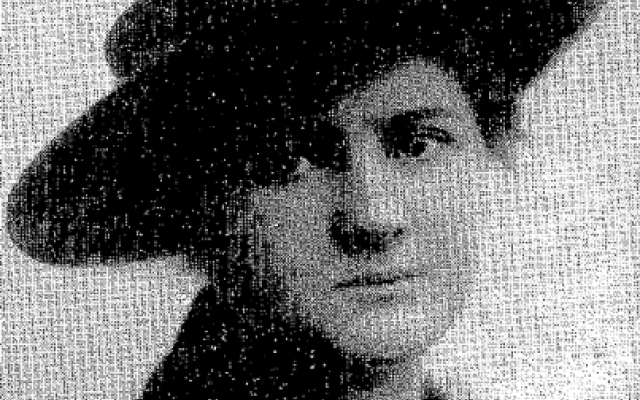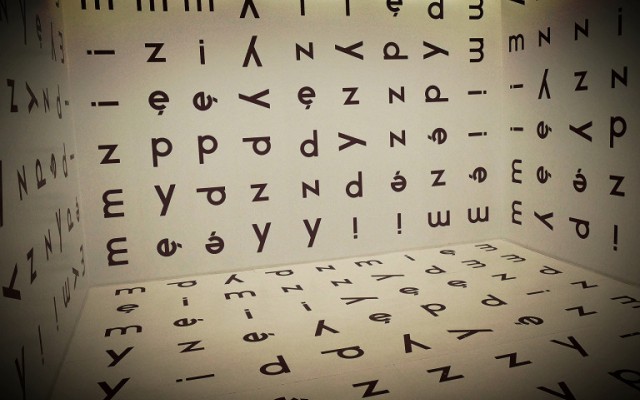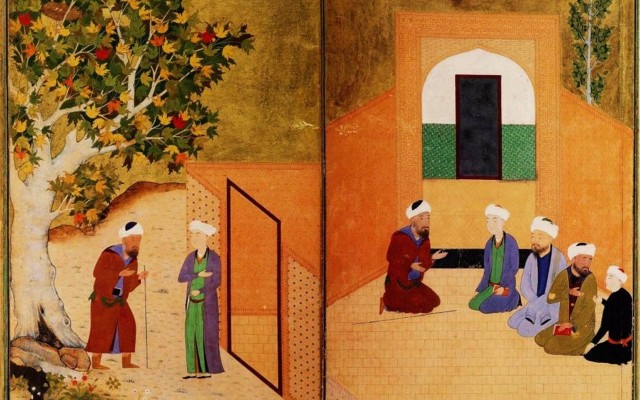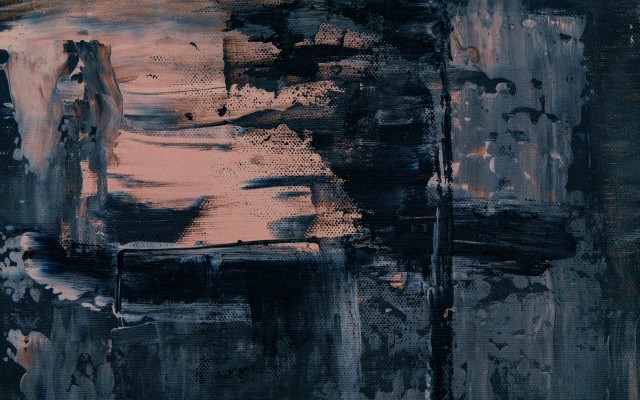A Conversation with Cristina A. Bejan
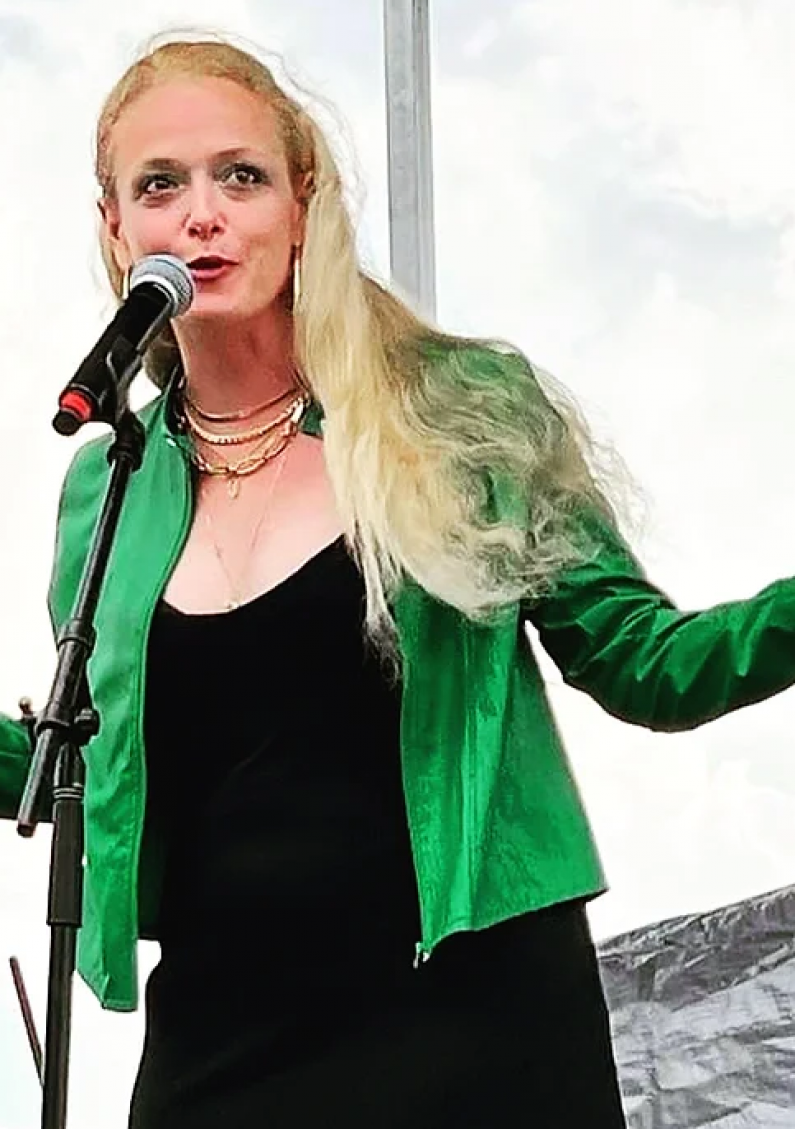
A Conversation with Cristina A. Bejan
by Jacquelyn Bengfort
Cristina A. Bejan was seven years old, living in Durham, North Carolina, when she watched the Romanian Revolution live on television. The execution of Romania’s dictator, Nicolae Ceaușescu, and the fall of the Communist regime in 1989 was personal for Bejan and her family. Her father, a member of the Romanian national basketball team, left Romania in 1969 for an academic scholarship to the U.S., but when he refused to return, his family was targeted by the Romanian secret police on both sides of the Atlantic. Soon after, Bejan took her first steps toward learning Romanian. Now an affiliate faculty member in the History Department and Theater and Dance Department at Metropolitan State University of Denver, she is the author of three books: Intellectuals and Fascism in Interwar Romania: The Criterion Association (Palgrave Macmillan, 2019), the multilingual poetry collection Green Horses on the Walls (Finishing Line Press, 2020), and FINALLY QUIET: Four Plays from Bucharest to Washington, DC (NoPassport Press, 2023). In March 2023, the first two books were published in Romania, translated into Romanian by Alina Pavelescu for Editura Litera and by Mădălina Mangalagiu for Editura Tracus Arte, respectively. I spoke with her about the way that her relationship with multiple languages influences her work as a writer and about her experiences being translated into Romanian.
Jacquelyn: Let’s begin by talking about your relationship to the Romanian language, which you incorporated into your poetry collection Green Horses on the Walls.
Cristina: In the 1980s, I didn’t know any other immigrant parents. I always thought, “My dad’s different, and why is that?” We weren’t speaking Romanian because nobody thought that communism was going to collapse. Nobody did. So, my parents felt that if we're never going to Romania, then why would we ever need this language? And at that point, Romanians in the U.S. were scared to talk to each other, because Romanians were still spying on one another. Also, I believe, it was too painful for my father even to speak it. Both of his parents disappeared and were imprisoned at different periods in the late ’40s and early ’50s for not being communists. There’s a lot of baggage there. So, there was no Romanian spoken in our American home. But then the Revolution happened Christmas ’89. And while my dad’s on the phone frantically speaking in Romanian with his best friend in Bucharest, my mom, siblings, and I were watching it all unfold on TV in the next room. My dad just stood up, dropped the corded phone, and cried, “Romania is free!” And—you know, that meant that we could go there, and we could finally meet our family. We started going, in the ’90s, pretty much every year. My father created an exchange program, bringing Romanian students, professors, and artists to Duke University, where he is a professor of mechanical engineering, and sending Duke professors to Romania. Two of these Romanian students became my unofficial older brother and sister. It was really my older sister who started teaching me little things about the language. By the time I graduated high school, I had made it very clear to my parents I wanted to learn Romanian for real. So, they sent me to this language immersion school, right on the border with Hungary, in Transylvania, that was run by the Romanian Cultural Institute. That was the beginning. I later went to college to study theatre at Northwestern University, where I discovered Professor Stella Radulescu in the French Department. (There’s a very close cultural overlap with France and Romania. A lot of Romanian intellectuals moved to France historically, and wrote in French, and many still do today.) I noticed she had a Romanian name, and so I approached her and asked if we could do an independent study in Romanian. And that’s what we did. But it was really when I moved to Romania’s capital, Bucharest, for my PhD research that I became completely absorbed in the language. Of course, I was reading only Romanian all day every day in the archives and libraries. I forced my roommate and friends to only speak Romanian to me. I did another three-week immersion—same program, different city. My best friend there was from the Republic of Moldova, and we would go running every morning, speaking Romanian for forty-five minutes. By the time I left the country to write my dissertation in Washington, DC, I was completely fluent. Learning Romanian has not only been central to my research; it has proven to be the greatest gift because it has helped me have a very close relationship with my aunt in Galați, who speaks little English. To this day, she is my favorite Facebook messenger correspondent, and every time I go to Romania, my first stop is to spend time with her.
Jacquelyn: And how did the language find its way into your poetry?
Cristina: I started writing plays so much earlier than poetry. I had written short poems here and there in my journals growing up, but I never considered myself to be a “poet.” I actually started writing poetry in German, which I studied in school in North Carolina. My parents did not know German that well, so I wrote my poetry in spiral notebooks by hand in my “secret” language. Then one night during my Ion Rațiu Romanian Studies post-doctoral fellowship at Georgetown University, I was really, really lonely, and I don’t know how it crossed my radar that there was open mic at the Busboys & Poets down the street, but I got on my bike and cycled from my apartment in Shaw to what was then the 5th & K location. It was a Wednesday night, and I shared one of these poems that I had written somewhere by hand in a notebook on the open mic. After that, I was totally hooked. It wasn’t really performative in the beginning; it was more just; you know, everyone is so scared to go up there and share something. Later, I did a Romanian translation on the mic at the main Busboys & Poets at 14th & V. I read my translation of a piece by legendary Romanian woman poet, Nina Cassian, that appears as the final poem in my poetry book. It’s titled “The Last Breath” and is about how the Romanian language is an orgasm in and of itself. I shared this poem—my translation and the original Romanian poem—on the open mic. A local DC poet, who was there scouting new poets, approached me afterward and invited me to his open mic. Orville “The Poet” Walker absolutely changed the course of my life that night. His open mic is called Pure Poetry. It was held on the first Wednesday each month at Pure Lounge, a basement club just around the corner from that Busboys location. And I just treated that open mic like my training program. From there, I presented my poetry at other local open mics. I was taken to SPIT DAT (before it was bought by Woolly Mammoth) in a building behind Howard University, always standing room only. So, I guess I was really welcomed into this DC underground spoken word scene. All because Orville thought my Romanian orgasm poem translation was that exciting.
Jacquelyn: When I heard that your collection had been translated into Romanian, my biggest question was how your translator would handle the multilingual aspect of these poems. Because they mix English and Romanian.
Cristina: In terms of the multilingualism that I wrote in originally, that’s just how the poems came out. I never thought, “… and these lines have to now be translated into Romanian.” That’s just how they were originally written. I think that speaks to people who are bilingual or going between languages; it feels like you're not thinking in only one language, because sometimes things are better said in one language than another. In terms of getting Green Horses on the Walls and my history book translated, it was essential that they be translated by professional translators in Romania. What I’ve really learned from these Romanian translations is just how much luck is involved, how much chance of who you're talking to, and who responds to you or notices your work in the first place. This story returns to my hometown—Durham became Sister Cities with Sibiu, which is one of the most beautiful cities in Transylvania. And when I was living in Romania, it was selected by the EU as a European Capital of Culture. This was the first time that a Romanian city was selected to be the European Capital of Culture. It was a huge deal. So, the birth of the Romanian translation of Green Horses on the Walls—Cai verzi pe pereți—had very lucky origins. The person living in Durham who initiated the Sister City partnership and whom I had never met before—and still haven't met in person! —decides that I’m going to be the Cultural Attaché between Durham and Sibiu. And my response is: “Okay, I’ll try to help.” But here I am in Colorado. Then, Green Horses on the Walls comes out. And the response of the Romanians in Durham was, “Oh, we love your poetry book so much, Cristina. Let’s do a Zoom, for Green Horses, with Sibiu, and you could be with Sibiu poets.” So, I find myself on this very high-profile Zoom event, hosted by the Mayor of Sibiu Astrid Fodor and two of the most famous poets from Sibiu. It was because of that that I met Radu Vancu, who serves as President of PEN Romania and is a leading poet in the country. The Zoom event was so successful that I had it in my head, “What if we try to get Green Horses published in Romania?” I just wrote to Vancu and asked, “Do you have any ideas about this?” He generously responded and recommended I send the manuscript to Editura Tracus Arte, a Romanian publishing house known for its poetry. That’s how that happened. And then, I thought, “Oh my gosh. Now I have to find a translator.” The issue of finding a translator worked differently with each book. With something like this, that’s going to be poetry or even memoir or plays, you have to hire that person yourself and submit their work to the press. My translator’s name is Mădălina Mangalagiu. She recently graduated with her Master’s in Translation from the University of Bucharest. The way I found her was, I was—again, very random—corresponding with a professor in Bucharest whose best friend used to be the Ion Rațiu Professor at Georgetown before I was the post-doc. So, this professor has always kind of appeared out of the blue in my email. One of these times when he appeared, I responded, “Hi! Do you have any suggestions for finding a Romanian poetry translator?” His reply was affirmative: “Well, in fact, my friend is the director of the university translation program.” Then he wrote to his friend to get some recommendations. That’s how I found Mădălina. It was a dream come true because she’s really awesome: a really sweet spirit who understood everything about the poems. Mădălina and I agreed that the languages should be inverted, mostly in Romanian with the original Romanian lines would be in English. There was a little of a pushback against that, because the editor thought, “But this is going to sound better in Romanian.” And I’m like, “Yeah, I know.” But the whole point is that—
Jacquelyn: —is that the poems are between languages.
Cristina: Yes. So, that’s how we decided to do it. The editor cut the final two poetry translations from Romanian because he said, “Well, what’s the point, because everybody already knows those poems.” He cut one of the love poems in the middle with the explanation: “I don’t think this goes with the rest of the book.” I was totally fine with that. Instead, I printed the love poem out in Romanian, framed it, and gave it to my partner, who inspired the poem, as a gift. I do want to take this opportunity to express my enormous gratitude to the editor of Editura Tracus Arte Teodor Dună, not just for accepting my poetry book for publication, but also for his patience as we went back and forth with multiple drafts of the manuscript by email.
Jacquelyn: How did that experience compare with getting your history book translated?
Cristina: Essentially, my history book is my Oxford DPhil—my PhD dissertation. I had been trying to get it published in English for almost a decade, and I kept getting derailed by professional unpredictability and instability. Also, I just honestly had a really difficult time returning to the project, because it was really immersive and exhausting. I thought I had a lead on a publisher. I was at the Wilson Center twice to work on this as a research scholar. The second time, I was told that I had an invitation from a university press, and when I sent them the manuscript, they completely ghosted me. So, I returned to one of the presses that had expressed interest and said, “Hey, are you still interested in this?” That was Palgrave Macmillan, an international, English language, academic publisher. Luckily, they were totally on board. By this time, I was in Raleigh, North Carolina, and had met my partner. I was teaching history at Wake Technical Community College. I just had a lot more life stability to get it done. So, it came out in English, and it was very, very successful. It was reviewed favorably in the Times Literary Supplement in London, L.A. Review of Books, Slavic Review, and many more outlets, so this book was well-received. And then it was the dream to get it published in Romania, because it’s the story of an important group of people in Romanian history, and I wanted the story available in their language and where it all took place. The story is very much embedded in Bucharest: the streets and buildings of Bucharest. There was a very obvious channel to get it published but surprising unprofessionalism prevented that from happening. With the encouragement of leading scholars in Romania—Andrei Oișteanu and Liviu Neagoe, who both kept asking when the book would appear in Romanian—I began investigating publishing houses in Romania and started reaching out to them. I had a lead with the publisher who ended up taking it, Editura Litera, which is a national, in-all-the-bookstores, popular press. In the States, we have academic versus trade presses; there, it’s similar, but because of the topic of the book, it would be appealing to a popular audience, whereas in the U.S., it’s just academically interesting. So, I was corresponding with somebody who worked there, and it sounded like it was definitely going to happen. But then Russia’s war on Ukraine started. I stopped hearing back. At the time, I kept thinking, “This doesn’t matter. The war is what matters. I’m not even going to pressure people about publishing my book. This is not important, at all.” Also, I was very involved, and I still am, in Ukraine advocacy, and I was of course more concerned with my own family on the Romanian border with Ukraine. Then, unexpectedly, at the end of last year, the press wrote to me, “We received the translation and your book is coming out early next year.” They had already assigned me a translator—the Director of the Romanian National Archive Alina Pavelescu, a distinguished author in her own right, and she and I had had a Zoom before the war, talking about how to translate all these unpublished primary source documents I had found in the Library of the Romanian Academy and quoted in my book.
Jacquelyn: It’s interesting, because in your poetry book, you were responsible for finding your translator, and in this case, a translator was assigned to you, and you had a lot less control over the whole process of translation. That’s a very significant difference.
Cristina: Yes. In one case I worked very closely with the translator, and in the other case, we met on Zoom once and I was open to more, but the project seemed so uncertain because of the war. I did reach out to the translator at one point after our Zoom, and she let me know she had finished the manuscript, but she also had heard nothing from the press. I believe the fact that the book was eventually published, given the difficult political and economic circumstances in the region, was news to both of us. And I need to express my deepest gratitude to Ioana Bâldea Constantinescu and the team at Editura Litera for making it happen!
Jacquelyn: You’re also an experienced translator. Can you talk a bit about that?
Cristina: I started translating poetry from Romanian to English in the ‘90s in high school. It really was just for fun and something that I could share with my dad. I started with the Romanian iconic poet and national symbol Mihai Eminescu. And then in college and grad school, I turned to Octavian Paler and Ana Blandiana. Blandiana is one of the poets who I translate at the end of Green Horses. Both Blandiana and Paler were anti-communist activists, so of course I was drawn to that. Then, when I was a Rhodes Scholar studying at Wadham College, University of Oxford, there was a literary contest for the Middle Common Room (our graduate student union). On a whim I submitted my translation of the poem “About the country from which we come” by Blandiana (actually, the one that’s in Green Horses). I had the translation on my computer because it was just for fun, but it won proxime accessit in the contest. Then I thought, “Oh, well, maybe I should try to do this more.” I currently have a couple of Romanian poetry books to review, and I finished reading one of the manuscripts this morning. The poem at the very end of the book just hit me with the feeling: “I love it. I must translate this.” If that happens when I read a poem, then I will translate it. Translation is still something that brings me so much joy.
—
Cristina A. Bejan, PhD received her Masters and DPhil in Modern History from Oxford University with full financial support as a Rhodes Scholar. She completed her doctoral research with the support of an extended Fulbright fellowship and was a visiting student at the University of Bucharest from September 2006–December 2008. She wrote her PhD dissertation as a Yetta and Jacob Gelman fellow at the United States Holocaust Memorial Museum (USHMM). Bejan served as the Rațiu post-doctoral fellow at Georgetown University, twice a research fellow at the Woodrow Wilson International Center, and worked as a researcher at USHMM, where she authored 64 articles and co-authored the African continent introduction for the museum’s “Encyclopedia of Camps and Ghettos Vol. 3.” As a playwright she has written 19 plays and her theatrical work has been produced in four countries. Her poetry book won multiple honors in the USA and was just released by Editura Tracus Arte as “Cai verzi pe pereți.” Bejan is a leader in the Romanian Diaspora in the US: serving as founding Executive Director of Bucharest Inside the Beltway, Vice President of the American Romanian Coalition of Human and Equal Rights, and founding Advisory Board member of Alianța. She has collaborated creatively with both the Romanian Cultural Institute of New York and the Romanian Embassy to the United States. Bejan currently works as a professor of History and Theatre at Metropolitan State University of Denver, which is the most diverse and accessible university in Colorado and serves a majority immigrant and first-generation American student population. She speaks five languages and can read twelve. Bejan is a proud citizen of both Romania and the USA. Please visit cristinaabejan.com.
Jacquelyn Bengfort was born in North Dakota and holds an MFA from the Iowa Writers’ Workshop, an MPhil from the University of Oxford, and a B.S. from the U.S. Naval Academy. Her work has been supported by a Rona Jaffe Graduate Fellowship, three individual artist grants from the DC Commission on the Arts and Humanities, and a scholarship from the Martha’s Vineyard Institute of Creative Writing. Jacquelyn is the author of the Ghost City Press micro-chapbooks Navy News Service and Suitable for All Methods of Communication. She lives in Iowa City, where she teaches creative writing.
